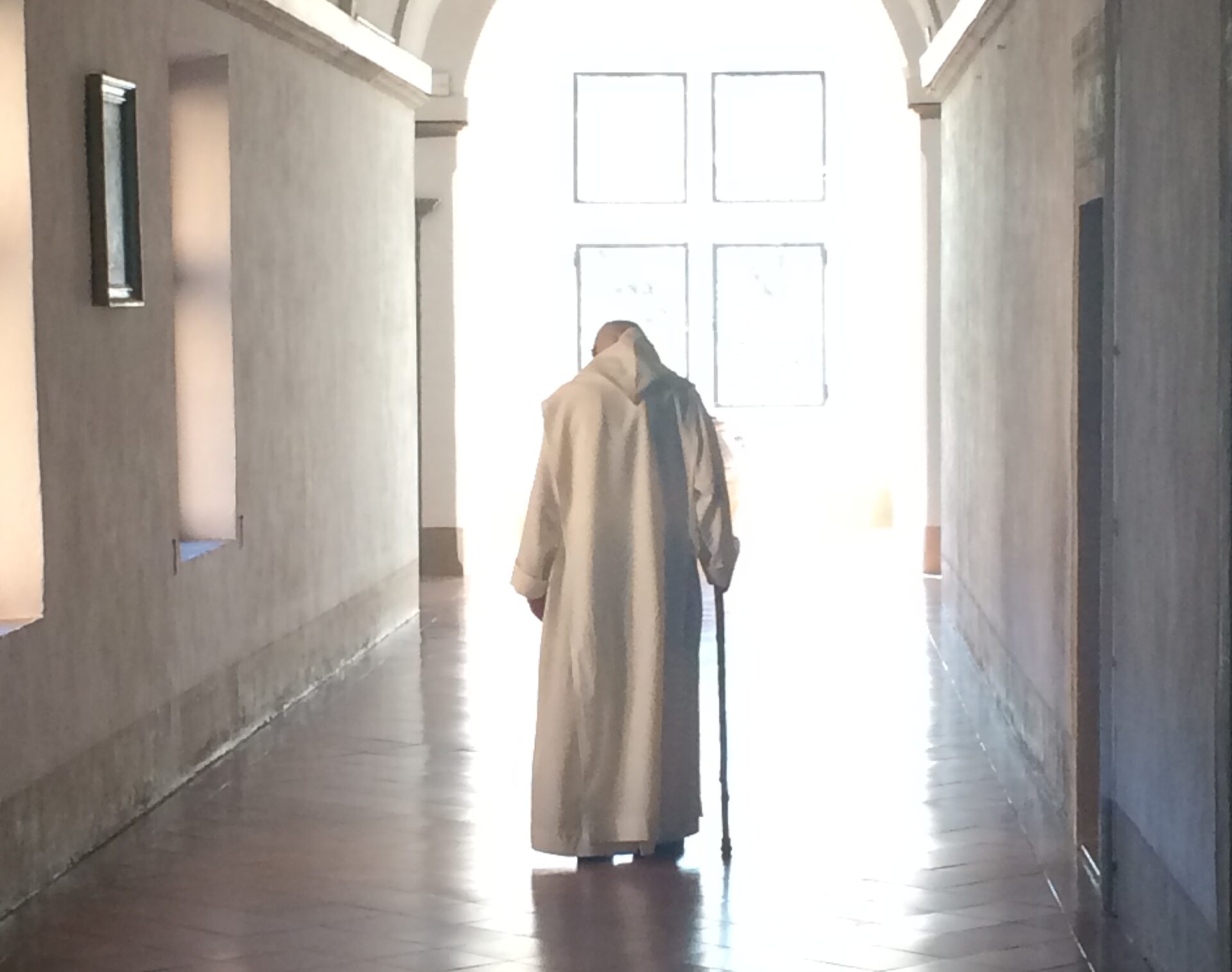Also Listen on:
Even in our chaotic world contemplation has not disappeared. It can never be completely lost because, just like beauty and hope, it is an inextinguishable hunger and need in the human heart. What changes from one period of a culture to another is how we understand contemplation, its nature, purpose and how we cultivate it. Contemplation creates its own light by which we see it for what it is.
In an age of faith, we understand contemplation as entry into undivided union with God. On our journey into oneness with the source, ground and goal of our being, we also awaken to our essential union with all other people and parts of nature, even those we are in conflict with. By contrast, in an age of materialism and consumerism, contemplation is reduced to a private experience, even commodified as a program with a price tag. What you buy with commercial contemplation may still be good in itself, like reduction of stress and anxiety, better sleep patterns and health but this is mere packaging compared with what the contemplative traditions urge us to meditate for.
A major difference between these two approaches is the understanding of the benefits that meditation brings to others both near and far away. Materialistic attitudes collapse us into a narcissistic mindset with terrible blind spots where we focus mostly on ‘what I get out of it’. This severely limits what we do actually get out of it, because materialism blocks the pure, other-centred attention that brings us into transcendence. The nature of narcissism is that the victim doesn’t know he is a narcissist, any more than a cat that jumps on your lap to curl up and puts its claws into your leg knows that it is hurting you. Being so self-involved you become increasingly limited in your level of empathy for others.
If, on the other hand, you come to your daily contemplative work with a mind open to its deeper dimension and purpose, with a sense of mystery, not a purpose of acquisition, then meditation will look quite different. Your approach and practice will be different. The Cloud of Unknowing says that we should look after our health and well-being so that we can meditate. Its harder to do it when you have a fever or are in pain. This is the reverse image of meditating primarily to feel better in the short term. Julian of Norwich says ‘prayer is not an idle occupation. It’s a very powerful instrument of our work and love.’ In that understanding, every meditation becomes good work that brings out the best in you and brings benefits to others.
Indra’s net of existence is a symbol of universal connection in which everything is joined and every point of meeting is a unique jewel reflecting the whole it belongs to. This is simply the way it is and therefore with practice, practice, practice it is how everyone comes to understand themselves in relation to others. What a different vision of reality and the human world from that of the individual collapsed into himself. The apostles were mending their nets when Jesus passed by and called them to follow. So are we even in our distracted meditation every day.





